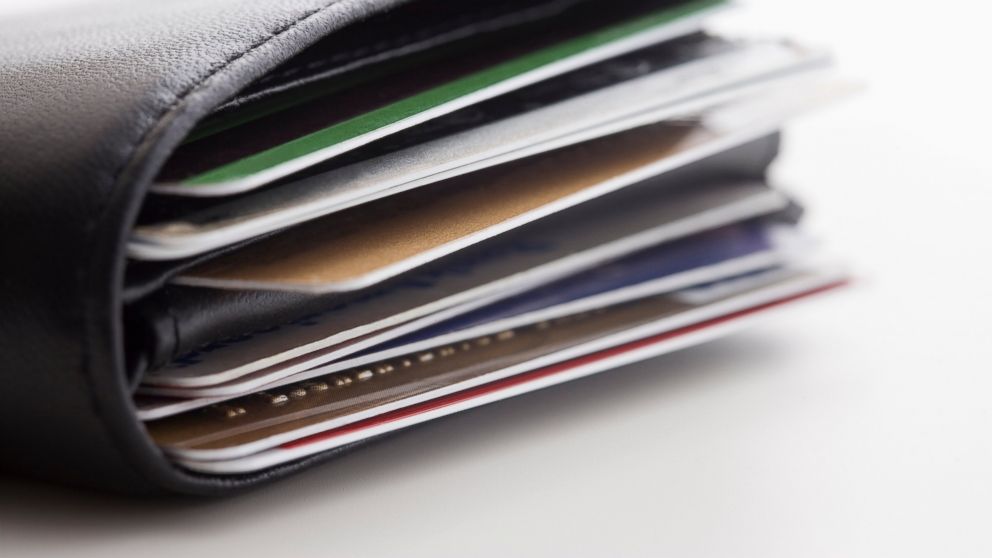Woman Watches in Horror As Prepaid Debit Account Drained by Thieves
The ABC News Fixer lends tips for people considering prepaid cards.

— -- Dear ABC News Fixer: I got a text message from Western Union alerting me about a transaction. The problem was that I had not made one!
I got on my computer right away. To my shock, I found that $460 had been stolen from my NetSpend prepaid debit card. I called Western Union’s customer service, and while I was on the phone, I checked my account and found the scammers had hit my account again, for a total loss of $920.
Western Union told me to contact NetSpend right away. I did. They told me to file an incident report with proof of what happened. I did that, but I have gotten the runaround ever since. Please help!
- Sandra Malone, South Holland, Ill.
Dear Sandra: It sounds like those crooks weren’t wasting any time. You told us how you watched in horror as your account balance kept shrinking. You said that whoever gained access to your account sent the stolen funds all the way to Vietnam.
You were smart to jump on this right away – and wise to get a police report documenting the theft.
Meanwhile, we got in touch with NetSpend’s PR people to let them know you’d been waiting well over a month already with no access to your money.
For those not in the know, NetSpend, based in Austin, Texas, is one of several providers of reloadable, prepaid debit cards that are marketed to the millions of Americans who don’t have a traditional bank account or credit card. Western Union sells co-branded NetSpend cards, and the cards can also be reloaded at participating grocery or retail stores, gas stations, check-cashing stores and MoneyGram agents.
The ABC News Fixer quickly heard back from spokeswoman Meredith Kelsey, who promised to investigate your issue. Soon after, Kelsey told us they fixed it and put the $920 back in your account.
“We never want to see our cardholders experience the pain of an unauthorized transaction and going without access to their funds,” Kelsey told the ABC News Fixer. “That’s why we routinely advise cardholders to follow Ms. Malone’s example by closely monitoring their accounts and reporting unauthorized transactions right away, since it can take up to 45 days to investigate and resolve a dispute.”
So you are back in business. But what about other consumers who are using this growing technology?
It’s important to know that even though reloadable prepaid cards may look like traditional credit or debit cards, they may offer fewer protections.
Significantly, they are not covered by federal banking regulations that apply if your major credit card or bank debit card is stolen. (Under those regulations, the consumer’s maximum liability for an unauthorized transaction on a credit card is $50. If a bank debit card is lost or stolen and the consumer reports it within two days, the consumer is liable for up to $50 in losses; however, that rises to $500 after two days, and if the consumer waits more than 60 days to report it they could face unlimited losses.)
In contrast, prepaid reloadable cards don’t currently offer across-the-board consumer protections, according to the Federal Trade Commission, so it’s important to read all the fine print in the card’s terms and conditions. With the NetSpend card, there is limited liability if you report a theft right away; however, if the thief uses a PIN to access your money or if you’ve already reported two or more incidents in the past year, you’re out of luck.
For reloadable cards that have a PIN, never keep the PIN with the card and be sure to keep the PIN secret. If fraud occurs and it’s proven that you were loosey-goosey with your PIN, you might not be able to get any refund.
Consumers using reloadable prepaid cards should also pay close attention to fees for deposits, withdrawals, ATM use, debits and other transactions. Those can add up fairly quickly depending on the card.
- The ABC News Fixer
Got a consumer problem? The ABC News Fixer may be able to help. Click here to submit your problem online. Letters are edited for length and clarity.




